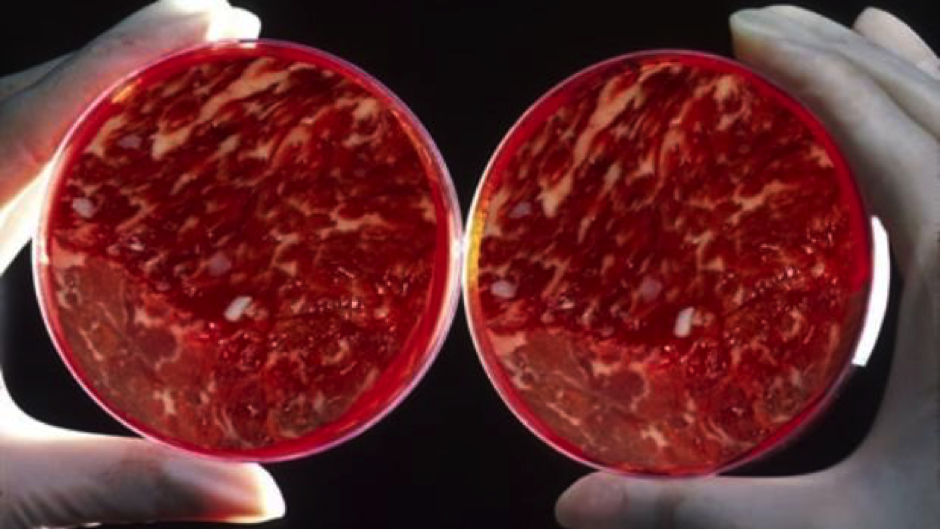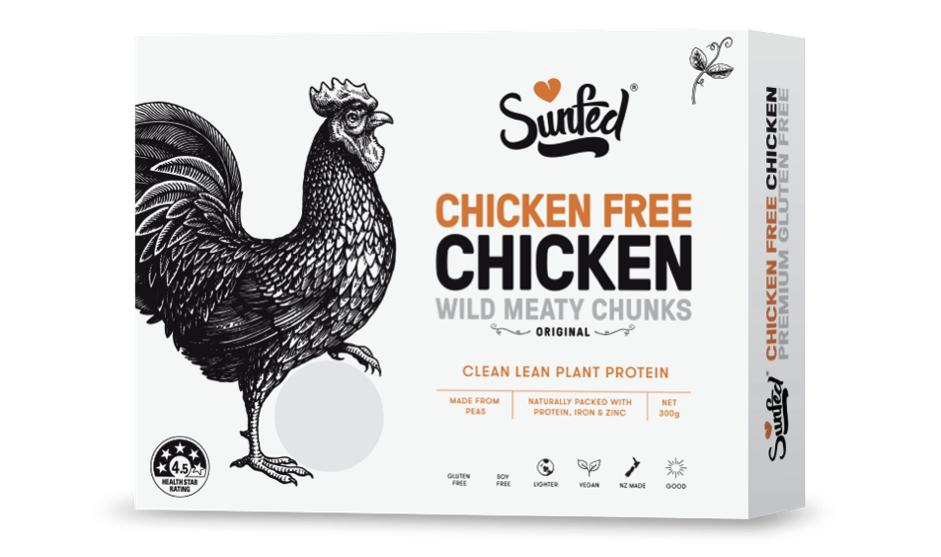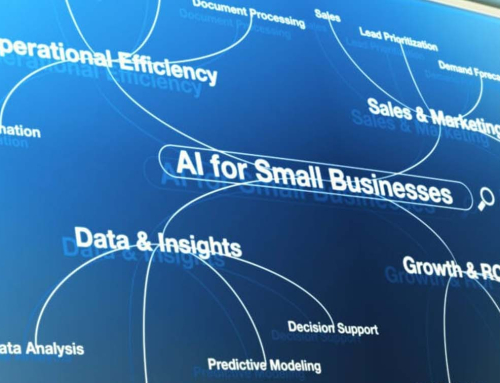While in San Francisco recently the Kai Rawa group got to experience the non-meat burger that looks like a burger, tastes like a burger, but isn’t. The burger produced by Impossible Foods is making headway into US restaurants while other plant based and cultured foods are now in supermarkets both in the USA and Asia. The Ag 2.0 food and agriculture revolution is well underway with products like animal free milk and even wine without grapes available. Will such foods be a threat to NZ agriculture or will we come to grips with the changing nature of food production?
According to Impossible Foods, the Impossible Burger uses a fraction of the Earth’s natural resources. Compared to cows, the Impossible Burger uses 95% less land, 74% less water, and creates 87% less greenhouse gas emissions. And it’s 100% free of hormones, antibiotics, and artificial ingredients. Impossible says that their Burger is made from all-natural ingredients such as wheat, coconut oil, and potatoes.
Similar to Impossible Foods, Memphis Meats is developing a way to produce real meat from animal cells, without the need to feed, breed and slaugher actual animals. They recently announced the production of the world’s first chicken produced without the animal. Even New Zealand is getting on board with Sunfed Meats producing the Chicken Free Chicken.
Meanwhile the NZ agri-sector seems to be finally waking up to the challenges, opportunities and threats that plant based and cultured foods bring. Given that such foods use less of the earths resources and that such resources are under ever growing pressure do we need to take these foods seriously? Certainly American millennials seem to and they are demonstrating this through environmental activism and consumer action. We think it’s important that the Māori food producing sector starts to wrap its head around the growing phenomenon of plant based and cultured foods.
With the world population set to rise to 9 billion people by 2040 it is easy to think that there will always be a demand for food, and there will. But this demand will come at a cost, especially to our environment. Already the effects of climate change are having a devastating impact. This is an impact that will only grow. Consider for example what the effect will be on countries like China and India with the shrinking of the glaciers in Tibet? Therefore is it any wonder why production of foods that use less land, less water and emit less greenhouse gases are becoming popular?
You may think it will be some time before alternative proteins really start to take hold but you’d be surprised at how quickly things move in an increasingly unpredictable and dynamic world. The pace of change is accelerating and we struggle to keep up with all that is happening around us. Surprise, discomfort and unrest are the result. Before we know it plant derived, cell and cultured foods will be an everyday norm. So what are we to do about this sort of disruption?

Artificial meat also known as vitro meat or cultured meat, is animal flesh that has never been part of a complete, living animal.
While we may not go fully down the route of synthetic foods we can certainly ride its coat tails through being a lot smarter with our food production practices. This is not a stand alone thing and requires inclusiveness of a whole eco-system. Dr Rosie Bosworth in her article ‘The Democratic Revolution of Agriculture’ offers some pointers around the disruption of food production systems. She says that this will occur through a democratised, open and sustainable food system that brings a networked economy, digital ag and distributed farming methods to the world of food and agriculture.
Dr Bosworth says that Ag 2.0 renagades are unleashing the new wave of food and agriculture systems and that progressive technologists, entrepreneurs and start ups are leading the way and by-passing Big Ag. Māori need to be part of this wave otherwise we will just be by-standers watching things happen around us while the value of our efforts are eroded. You could say we are starting to get on this wave with a small number of our food companies acting smarter and leveraging everything available. But they are in the minority. Where the real challenges lie will be with our land owning agriculture dependent entities. How will they react to this disruption, are they even aware of it?
As always within Poutama we see great potential for Māori to come together and collaborate. This we believe is more important now than ever. It is one of the few ways we can gain leverage through the collectivisation of our ideas, experiences, resources and connections. We need to wake up to the challenges, opportunities and threats that the new wave of food production is bringing. It won’t happen by being stand alone or working in silos. Open source and free range need to happen through the democratisation of the Māori economy as a whole.
Poutama will do its bit to spread the word and share our knowledge, connections, networks and stories so that greater inclusiveness occurs. Later this month we’ll be in New York where we will visit an indoor farm, Gotham Greens (see Bowery article). We want to investigate if this is an option for land-owners particularly if their holdings are small. Poutama will play its part in meeting the challenges and opportunities of Ag 2.0.






